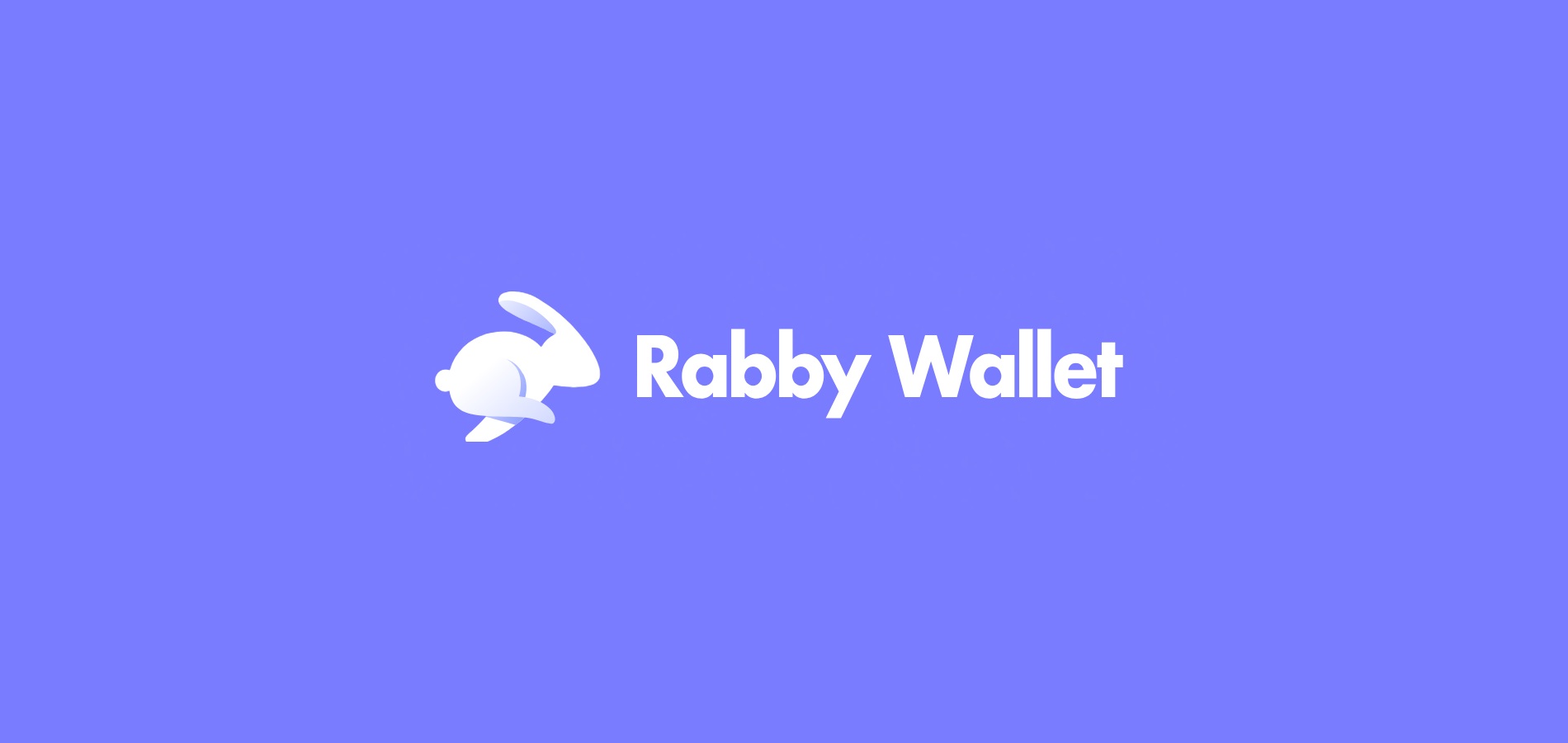Ever feel like juggling multiple crypto wallets is like spinning plates while riding a unicycle? Yeah, me too. Seriously, managing assets across various blockchains can be a headache—especially when you’re interacting with smart contracts left and right. But here’s the kicker: multi-chain wallets, combined with smarter token approval management, are quietly becoming the unsung heroes of the DeFi world.
At first glance, I thought, “Okay, it’s just another wallet.” But then I dove deeper. The complexity of smart contract interactions and token approvals isn’t just technical noise—it’s a real security and usability issue. And let me tell you, not all wallets handle this gracefully.
So, what’s the big deal? Well, imagine approving every single token spend blindly. Scary, right? This is where tools like the rabby extension come into play, giving users clearer control over their token approvals across chains. It’s like having a bouncer for your crypto, checking who gets in and who doesn’t.
Whoa! That sounds promising. But how exactly does this all fit into the bigger picture of DeFi? Let’s unpack that.
First, let’s talk multi-chain wallets themselves—they’re designed to handle assets on Ethereum, Binance Smart Chain, Polygon, and more, all in one place. The convenience factor alone is huge; no more switching between extensions or apps.
But (and this is a big but), convenience often comes at the cost of security or transparency. Many wallets bundle approvals or obfuscate what’s actually happening under the hood, which can lead to accidental token theft or unauthorized spends. Something felt off about the way some wallets handled this, especially when interacting with complex DeFi protocols.
Initially, I thought more chains meant more risk. But then I realized that a well-designed multi-chain wallet can actually reduce risk by consolidating management and providing clearer approval workflows. For example, the rabby extension offers a granular token approval interface that’s a breath of fresh air compared to the usual “approve all” buttons.
Okay, so check this out—smart contract interaction is where things get really interesting. You’re not just sending tokens; you’re triggering code that can do all sorts of things with your assets. But every interaction requires permission. If those permissions aren’t managed smartly, you could be leaving yourself wide open.
Here’s the thing. Many DeFi users are careless (no shame, I’ve been there), approving contracts without really knowing the scope. The problem is, these approvals can linger forever if you don’t revoke them. It’s like giving someone a key to your house and forgetting about it.
That’s why approval management features are vital. Some wallets barely scratch the surface here, but with the right tools, you can see exactly which contracts have access to your tokens, and revoke permissions in just a few clicks.
Hmm… I remember a time when I thought, “I’ll just approve this contract once and be done.” Then, weeks later, I found out some shady contracts still had access. Not cool.
On one hand, it’s easy to blame users for lax security. Though actually, the wallet ecosystem needs to do better at educating and empowering users to manage approvals safely. The rabby extension is one of those rare tools that makes this process intuitive without drowning you in jargon.
Now, let’s talk about user experience—a huge factor that often gets overlooked. If a wallet’s approval management is clunky or confusing, users will just ignore it. And that’s dangerous. I’m biased, but the wallets that prioritize UX alongside security are the ones gaining trust fast.
Multi-chain support combined with smart approval management means you’re less likely to get burned by the typical pitfalls in DeFi. You get a clear dashboard showing your token approvals across chains, the ability to revoke them on the fly, and seamless interaction with smart contracts without feeling like you’re navigating a minefield.
Really? Yes, really. And here’s something that bugs me: despite all this, many users still rely heavily on MetaMask or other single-chain wallets, missing out on these advanced features. It’s like owning a Swiss Army knife but only using the blade.
And by the way, the rabby extension integrates smoothly with existing DeFi protocols, so you’re not forced to switch ecosystems. It acts as a layer on top, improving your interaction without reinventing the wheel.

Check this out—here’s a snapshot of a wallet dashboard that highlights token approvals on multiple chains. Notice how it breaks down per contract, giving you granular control. That’s exactly the kind of transparency and control that makes a difference in day-to-day DeFi use.
Of course, no solution is perfect. There are trade-offs. Sometimes, managing approvals manually can feel tedious, especially when you’re hopping between multiple chains and dApps. But ignoring it isn’t an option anymore.
I’m not 100% sure if everyone will adopt these practices soon, but the trend is clear: smart, user-friendly multi-chain wallets with solid approval management will become the new normal. And they’ll probably weed out a lot of careless mistakes and scams.
So, what’s the takeaway here? Don’t just pick any wallet—look for one that’s designed with multi-chain support and thoughtful token approval management in mind. If you want a solid starting point, give the rabby extension a whirl. It’s got the right mix of power and simplicity to keep your crypto safer while letting you explore DeFi without constantly sweating over approvals.
Wow! It’s kind of exciting to think how much better crypto experience can be with just a bit more control and transparency.
Anyway, I’ll leave you with this: in the wild west of DeFi, your wallet is your sheriff. Make sure it’s packing the right tools.
